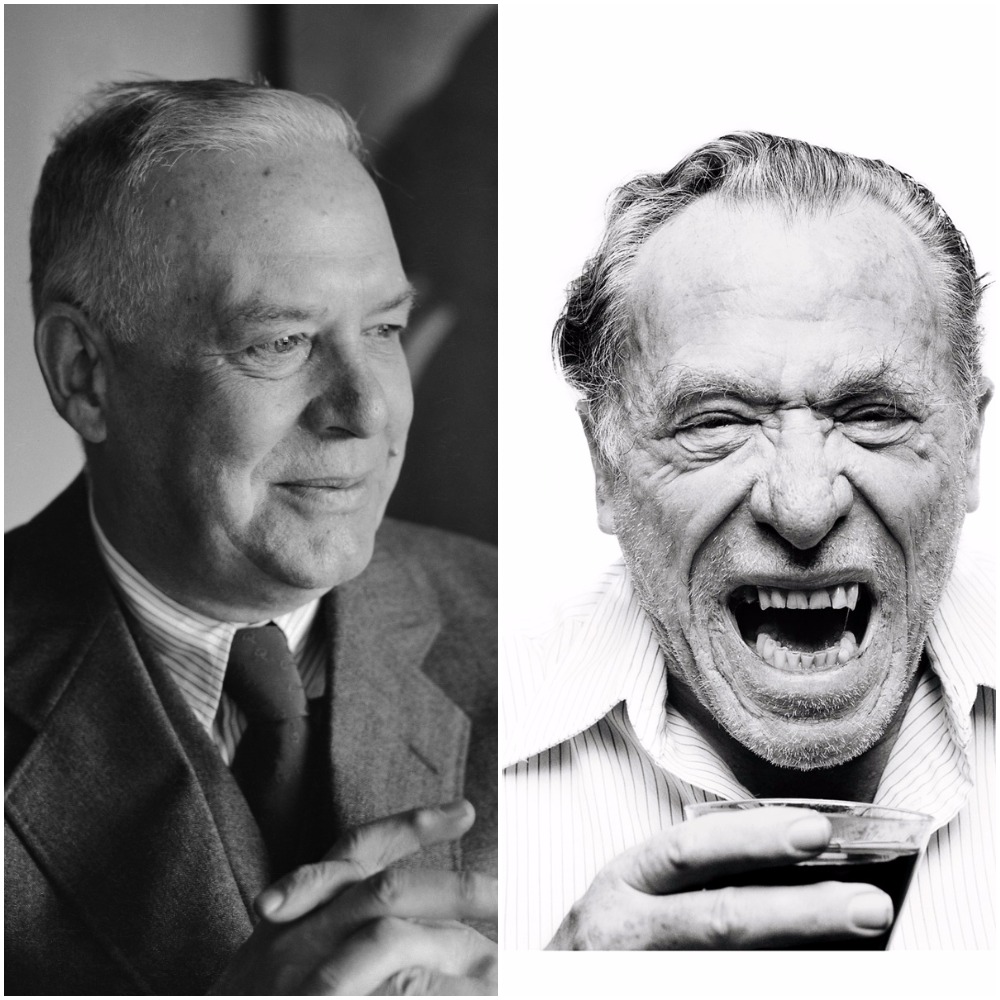Surprise
Howard Schaap
 It usually doesn’t happen until about mid-journey. Up till that point, the sun has been up, and you can see where you’re going. You’ve never been in this kind of car before, and you like some of the buttons and the scenery outside your window—old barns or even the edges of industrial wastes—and just the experience of being in the passenger seat and wondering where it is you’re going. The driver has a hypnotic voice and quirks that are fascinating; a tattoo runs down the side of his neck—“R-A-” something.
It usually doesn’t happen until about mid-journey. Up till that point, the sun has been up, and you can see where you’re going. You’ve never been in this kind of car before, and you like some of the buttons and the scenery outside your window—old barns or even the edges of industrial wastes—and just the experience of being in the passenger seat and wondering where it is you’re going. The driver has a hypnotic voice and quirks that are fascinating; a tattoo runs down the side of his neck—“R-A-” something.
Then, the fog or night closes down around you and the quirky driver puts on his blinker, and you think, now this is going to get good. Then, in a few moments there goes the blinker again. Pretty soon it’s all blinkers and turns and you’re getting carsick and thinking, “Where can this be going?” Now you know that you’re just turning to turn, the driver has no idea where he’s going but is having a ball and assumes you are too simply because you’re with him and he’s a master driver.
Finally, you pull into a gas station that only sells bad coffee and outdated gum. “We’re here,” the driver announces, blowing a kazoo, “wasn’t that amazing?” He scratches his neck and you realize the tattoo stops right there, that the A of the R-A- isn’t even finished, that it’s part of the outfit and probably only temporary.
There’s something about “writing as journey through the fog” that drives me crazy. Yes, you can make the whole journey just by what you see in the headlights, but you can also drive pointlessly to nowhere.
This may simply be fiction envy on my part. I’m told that often good characters are the ones who take the wheel. Bless all the fiction writers who give up the keys like this. I myself literally cannot do it.
In writing memoir, the unknown functions a bit differently. You know where you’re going. You even know all—or almost all—the different roads you might take to get there. This takes things like suspense almost completely out of play, and it means you depend on having a clear day, because in writing memoir you don’t focus on the headlights—you look out the side window and what you see there had better be crystalline. It might be warped and full of grotesqueries, but they have to be clear grotesqueries.
Perhaps a better metaphor for writing memoir is gardening. Tilling and re-tilling the earth of memoir can feel redundant. Are you really going to go back to the same patch of earth again this spring? But it’s in the tilling you find things. It’s in the seasoning of earth that new richness emerges: a pepper plant with nuanced flavors springs right from that same old re-tilled patch.
I’d written about my name, Howard, dozens of times; then, in a writing exercise I stumbled on the word “anachronism.” Recently, the name became a millstone that drags me back through the waters of time to the big white sink and drain board where my mother is thawing meat. That sink screams 1950s to me, which is the decade when my dad’s brother died in Korea, bequeathing me the name.
Not much perhaps, just some soil where pepper seeds may or may not take.
But for me, this soil of discovery is the delight of writing memoir, Frost’s hallmark, “No surprise for the writer, no surprise for the reader.”
 Nothing Gold Can Stay
Nothing Gold Can Stay

